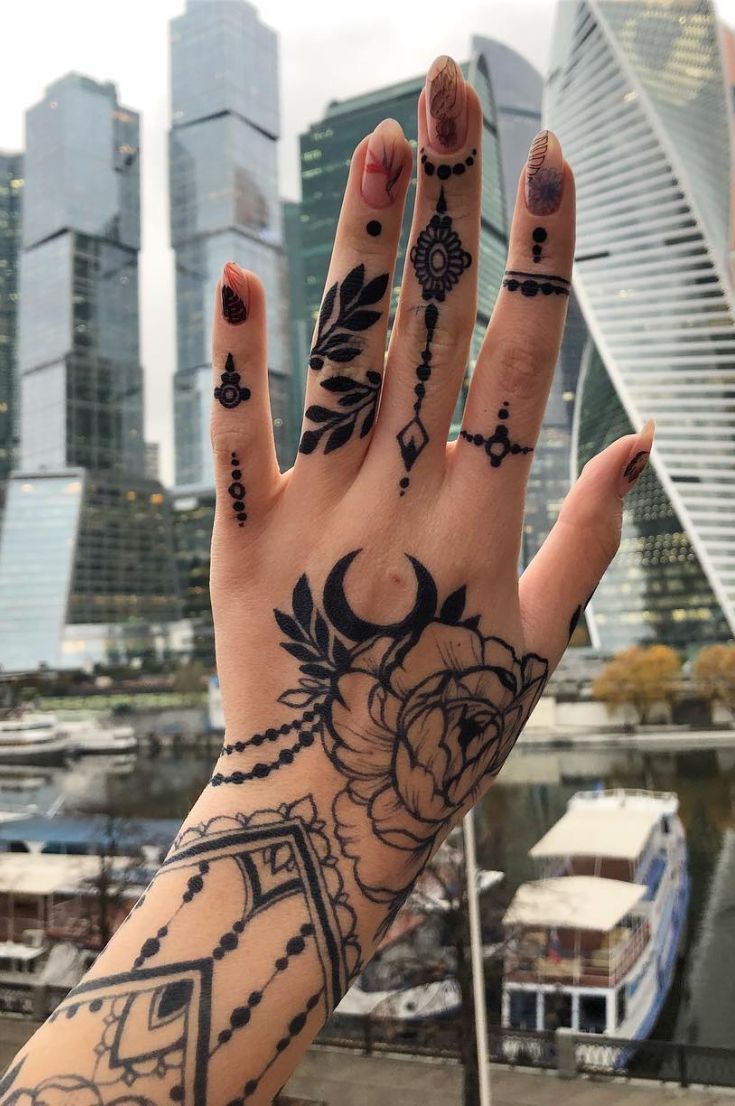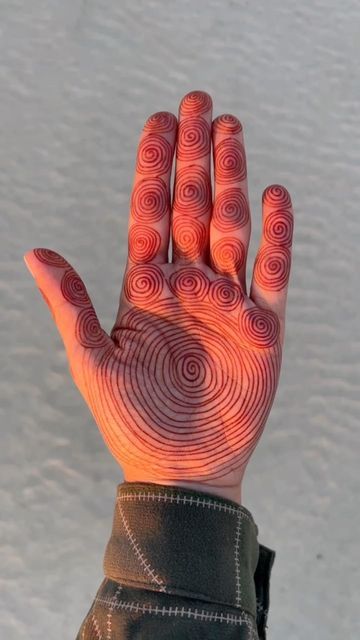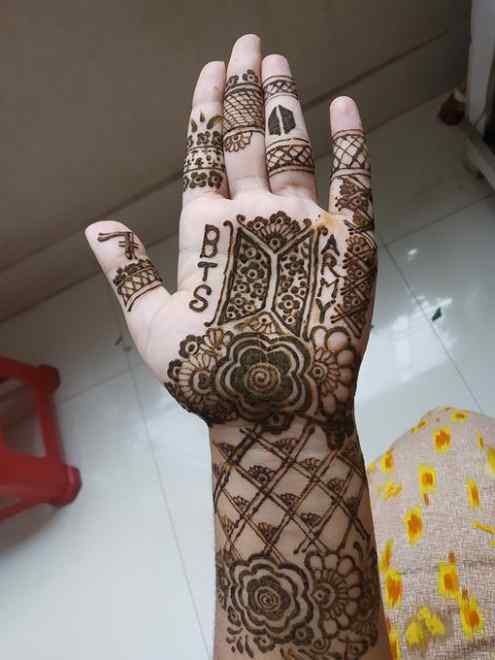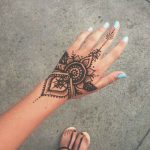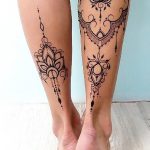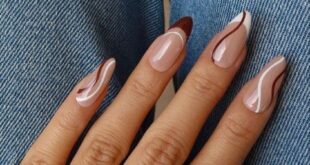Henna tattoos, also known as Mehndi, have been a part of various cultures and traditions for centuries. This ancient form of body art has captivated people around the world with its intricate designs and rich history. From weddings to festivals, henna tattoos have been used to adorn the body as a form of decorative art and self-expression.
The art of henna tattoos dates back to ancient Egypt, where it was used as a form of adornment for significant events such as weddings and other celebrations. Over time, the tradition spread to other parts of the world, including India and the Middle East, where it became an integral part of the culture. In Indian weddings, the bride’s hands and feet are adorned with intricate henna designs as a symbol of beauty, joy, and good luck.
Henna tattoos are created using a paste made from the leaves of the henna plant, which is then applied to the skin in various patterns and designs. The paste leaves a reddish-brown stain on the skin, lasting anywhere from a few days to a couple of weeks, depending on the quality of the henna and how well it is cared for.
One of the most appealing aspects of henna tattoos is the creativity and artistry that goes into creating the intricate designs. Henna artists use a small cone or syringe to apply the paste in detailed patterns, ranging from floral and paisley motifs to geometric shapes and abstract designs. Each henna tattoo is a unique work of art, reflecting the skill and creativity of the artist.
Henna tattoos are not only a form of temporary body art but also hold cultural significance and symbolism. In some cultures, certain motifs and patterns have specific meanings and are used to convey messages or tell stories. For example, in Indian culture, the peacock symbolizes beauty and grace, while the lotus flower represents purity and enlightenment.
In recent years, henna tattoos have gained popularity in Western countries as a form of alternative body art. Many people opt for henna tattoos as a temporary and painless way to express themselves creatively without the commitment of a permanent tattoo. Henna is also used in a therapeutic context, as the act of applying henna can be relaxing and meditative.
Overall, henna tattoos represent a timeless tradition that continues to captivate people around the world with its beauty, symbolism, and artistry. Whether used for cultural celebrations, personal adornment, or self-expression, henna tattoos are a versatile and meaningful form of body art that has stood the test of time.
 thefashiontamer.com Fashion Inspirations
thefashiontamer.com Fashion Inspirations
